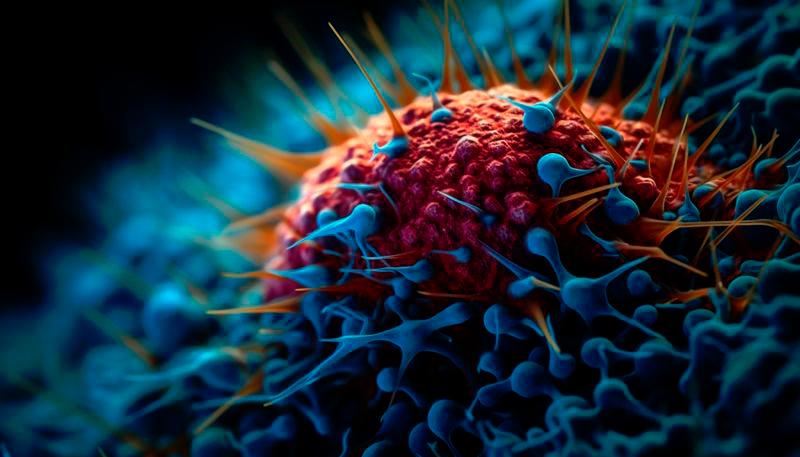PETALING JAYA: Incidences involving the detection of late-stage cancer cases in Malaysia has seen an alarming rise, according to the latest Health Ministry’s report titled “Summary of the Malaysia National Cancer Registry Report 2017-2021” (MNCR).
Notably, the percentage of cancer cases detected at stages 3 and 4 has increased from 63.7% in 2012-2016 to 65.1% in 2017-2021.
The ministry emphasised the urgency of this trend, referencing the “Malaysian Study on Cancer Survival” from October 2018, which noted lower survival rates with delayed detection.
“Therefore, fostering a multi-stakeholder collaboration is crucial to identifying opportunities for enhancing community awareness and access to early detection and treatment,“ the statement read.
Breast, colorectal, and lung cancers remain the most commonly diagnosed among Malaysians followed by lymphoma, liver, prostate, leukaemia, nasopharyngeal, uterine corpus and ovarian cancers, according to the latest “Summary of the Malaysia National Cancer Registry Report 2017-2021” (MNCR).
The Health Ministry’s statement highlights gender-specific trends, with colorectal cancer being the most prevalent among men, followed by lung and prostate cancers.
Among women, breast cancer leads, followed by colorectal and lung cancers.
On a positive note, cervical cancer incidence has steadily declined, dropping from 7.6 per 100,000 women in 2007-2011 to 6.0 per 100,000 women in 2017-2021.
“The effort to combat cervical cancer in Malaysia began with the introduction of pap smear screening in 1969, followed by its availability for free in government health facilities nationwide starting in 1998.
The ministry has also adopted the self-sampling method using the HPV (Human Papillomavirus) detection kit as part of its efforts towards cervical cancer elimination.
“The collaborative efforts of various stakeholders, including the ministry, community representatives, universities, private healthcare facilities, and non- governmental organisations, have been valuable,“ it added.
From 2017 to 2021, Malaysia saw an increase in reported cancer cases, partly due to new notification systems and directives.
Despite this, the country still faces a significant cancer burden.
Active stakeholder engagement in prevention, control, and treatment is essential for leveraging data for effective planning.
“Moving forward, MOH (Health Ministry) aims to improve the timeliness of the MNCR reports.
“Efforts will focus on more frequent releases, potentially transitioning to biennial and ultimately annual reports. These initiatives are aimed at providing updated and actionable data to inform targeted strategies and improve outcomes in cancer prevention and care.
“Throughout this endeavour, MOH will uphold the accuracy and completeness of information to ensure the integrity and reliability of the data,“ it said.
Established in 2007, the MNCR initially relied on manual reporting, producing two five-year reports by 2018.
The introduction of online cancer case reporting through the Malaysian Health Data Warehouse in 2018 and a 2020 circular mandating online notifications significantly increased reported cases.
Consequently, the National Cancer Registry at the National Cancer Institute successfully published the third MNCR in e-book format.









